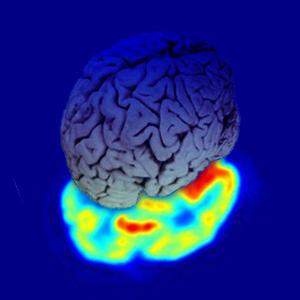 Most often one’s challenges can be identified and described with more specificity and accuracy than through other types of evaluations. As a result, more specific interventions can be recommended that have a higher probability of effectively addressing your concerns. Ultimately we believe it offers more value for the resources that you expend.
Most often one’s challenges can be identified and described with more specificity and accuracy than through other types of evaluations. As a result, more specific interventions can be recommended that have a higher probability of effectively addressing your concerns. Ultimately we believe it offers more value for the resources that you expend.
A neuropsychological/neuropsychoeducational evaluation is best defined by the manner in which one’s performance on tests is interpreted based upon an understanding of how the brain functions rather than by the types of test instruments employed. A major advantage of this type of evaluation is a focus upon understanding what the tests are actually requiring of an individual’s brain. This allows for a clearer understanding of the nature of the difficulties one is encountering in meeting the expectations at school, home, or work. This question is crucial because two people can perform well or have difficulty with the same task for very different reasons. Hence, understanding the exact nature of the difficulty allows for more accurate intervention. Depending on the nature of the referral, a typical neuropsychological assessment battery would evaluate many and, at times, all of the following areas:
- General level of intellectual functioning
- Executive functioning (higher level cognitive abilities, including organization, planning, inhibition, and mental flexibility).
- Attention, concentration, processing speed, and working memory
- Receptive and expressive language
- Verbal and nonverbal (visuospatial) learning and memory
- Visual-spatial abilities
- Sensory-perceptual functioning
- Motor speed and coordination
- Emotional and social functioning
- Academic achievement in reading, writing, and arithmetic (for neuropsychoeducational evaluations)
- Assessment of effort and dissimulation (primarily for forensic evaluations)
The evaluation process is guided by the question(s) the individual, parents and/or referring professionals would like addressed – such as the nature and severity of a client’s difficulties in school or at the workplace or the course of a known neurological condition. The evaluation is also guided by questions that frequently arise during the extensive clinical history we take in the initial intake appointments.
We believe, and our client’s have often confirmed, that the evaluation is the beginning, not an endpoint, of understanding the nature of one’s challenges and behaviors, as well as providing a direction in which to move to improve one’s ability to manage life.
